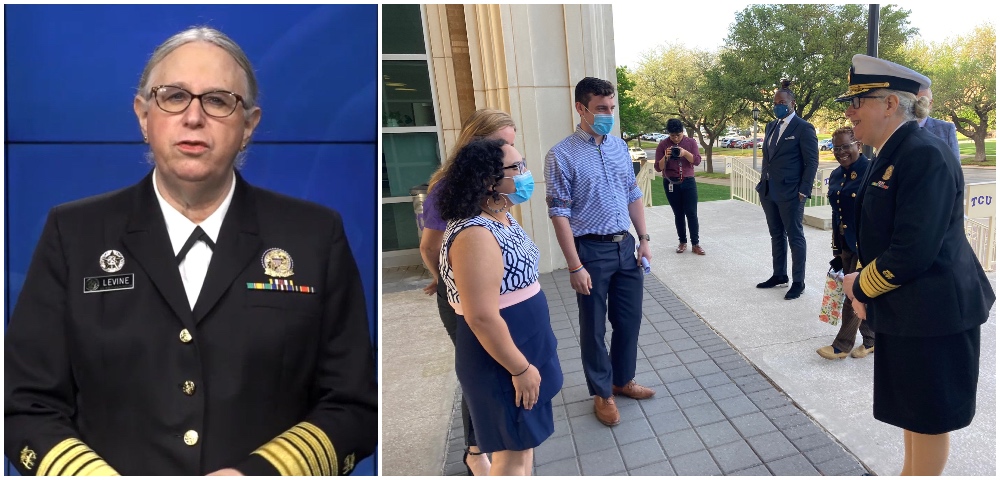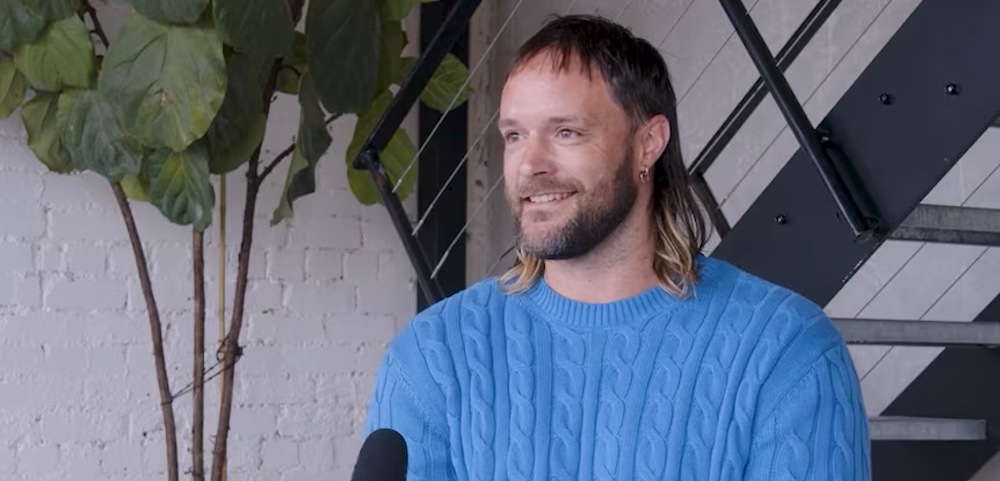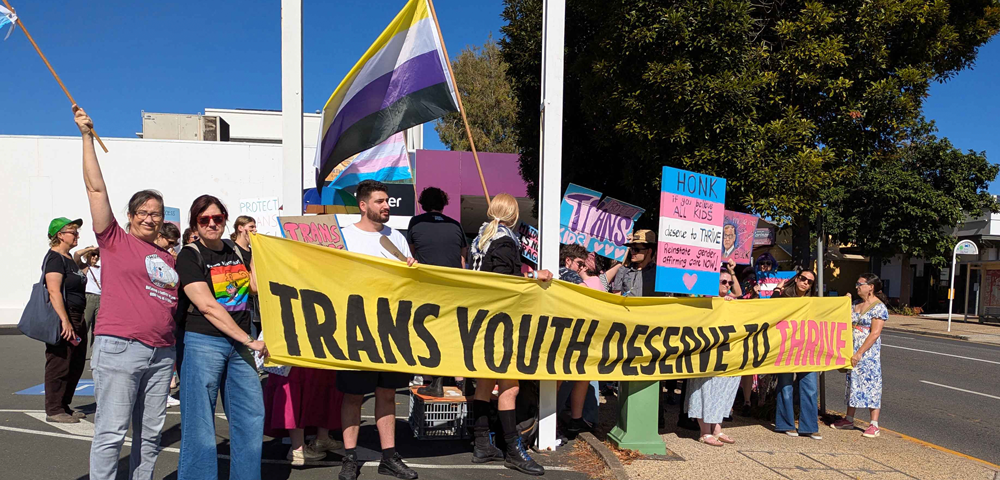
U.S. Assistant Secretary for Health, Admiral Rachel Levine Calls Anti LGBT Bills Dangerous

U.S. Assistant Secretary for Health, Admiral Rachel Levine, called out advocates of anti-LGBTQI and anti-trans laws, on Saturday.
In a speech at the Out For Health Conference, a conference stressing the benefits of gender-affirming care, Levine, the highest-ranking transgender official in the US Government, highlighted how dangerous and deadly these bills are.
“Those who now attack our LGBTQI+ community are driven by an agenda that has nothing to do with medicine, nothing to do with science,” she said.
I’m about to speak at the @TCUMedSchool #OutForHealth conference on the health benefits of gender-affirming care. I’ll be posting my remarks and more information here.
This is a student-run conference. The work they’re doing is incredible. pic.twitter.com/ZdzlAeu2aL
— Assistant Secretary for Health (@HHS_ASH) April 30, 2022
“I want to say this very, very clearly: lesbian, gay, bisexual, transgender and queer Americans are committing suicide at a rate that should shock our conscience.”
Levine continued, “Gender-affirming care is medical care. It is mental health care. It is suicide prevention care. It improves quality of life, and it saves lives. It is based on decades of study. It is a well-established medical practice.”
‘We Have to Take a Stand on Behalf of Those Who are Being Hurt’
Calling on doctors and medical students to remember their Hippocratic Oath to do no harm, she stressed, “We, as doctors and as people who love our communities and our nation, have to confront the fact that the language of care and compassion that we take for granted is being used to tear our communities apart.
“The language of medicine and science is being used to drive people to suicide. The mantle of concern for children is being claimed to destroy children’s lives.”
She concluded her speech with a call to action saying, “We have to stand up. We have to take a stand on behalf of those who are being hurt. We have to be doctors.”
A study released in March found there were “60% lower odds of depression” and “73% lower odds of suicidality” the following year, among kids who received puberty blockers and/ or gender-affirming hormone treatment compared to kids who had not.
The study also showed that participants who were “unable to start these medications within three to six months of their first appointment with a medical provider had a two- to threefold increase in depression and suicidality.”









